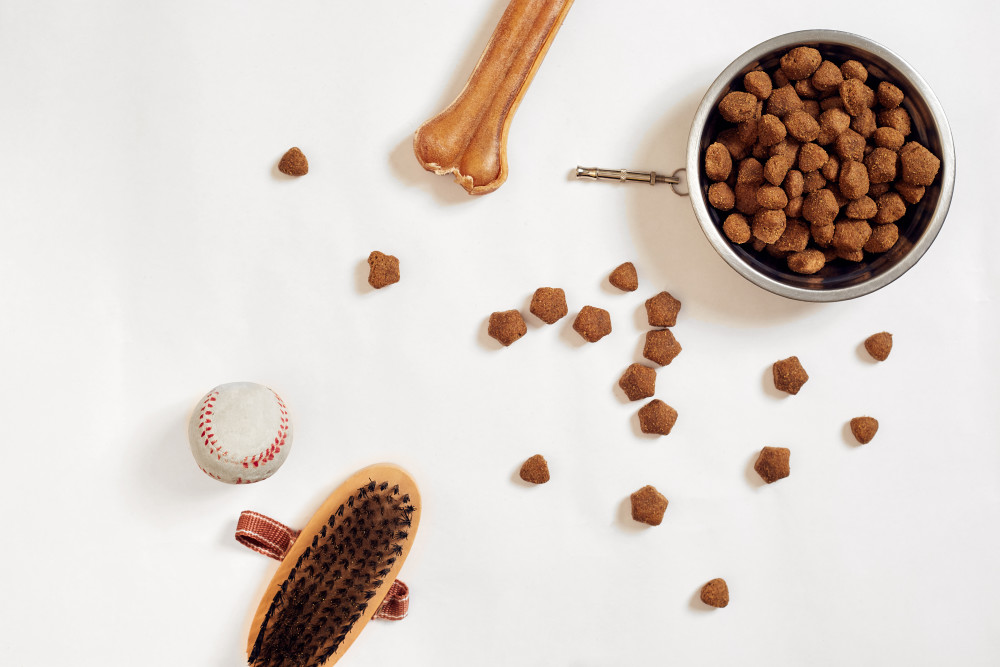Dachshund

Dachshund Overview
The unmistakable Dachshund is famous for its low, long-backed body, short legs and vibrant personality. Its curious, colourful and friendly demeanour makes the Dachshund breed quick crowd-pleasers and dependable family dogs. Admittedly a little funny-looking, this attention-commanding breed comes in three coat types of various colours and patterns; smooth, wirehaired or longhaired. The Dachshund also comes in two sizes: standard (typically 16 to 32 pounds) or miniature (11 pounds or under).
For everywhere that they shine, Dachshunds aren’t exactly known for their athleticism and simply aren’t built for things like distance running, swimming or leaping – but that doesn’t mean they’re lazy. With a bark bigger than their body, this breed makes a reliable watchdog. Despite their small frames, Dachshunds are fierce and brave, once bred to hunt different kinds of prey. The standard size dog was designed to hunt burrow-dwelling animals like badgers, while the miniature Dachshund was bred to be hunters of smaller prey like rabbits.
Keeping a Dachshund healthy and active is extremely important, as they must not be allowed to pack on the pounds. Aside from general health concerns, added weight can strain the breed’s long back, resulting in slipped or ruptured discs. Today, many Dachshunds are used as show dogs.
Did you know?
Dachshunds are often called wiener dogs because their bodies resemble hotdogs.
Dachshund Stats
Kid-Friendly
Good with other animals
Easy to train
Caring for your breed
Daily kibble serving
1 cup
Daily exercise
0.5-1 hour
Grooming frequency
Occasional brushing

Feeding your Dachshund
Like any healthy and active canine, Dachshunds should enjoy meals of a high-quality dog food that is appropriate to their age (puppy, adult or senior) and activity level. Give table scraps very sparingly, if at all. Remember that the Dachshund’s superior nose can get him into trouble, and always keep food well out of reach of the dog. When it comes to feeding, the breed does better with routine and schedule; if you leave food out for the dog all day, it is prone to overeating. Typically, Dachshunds are able to transition from puppy food to adult food when they reach about a year old.